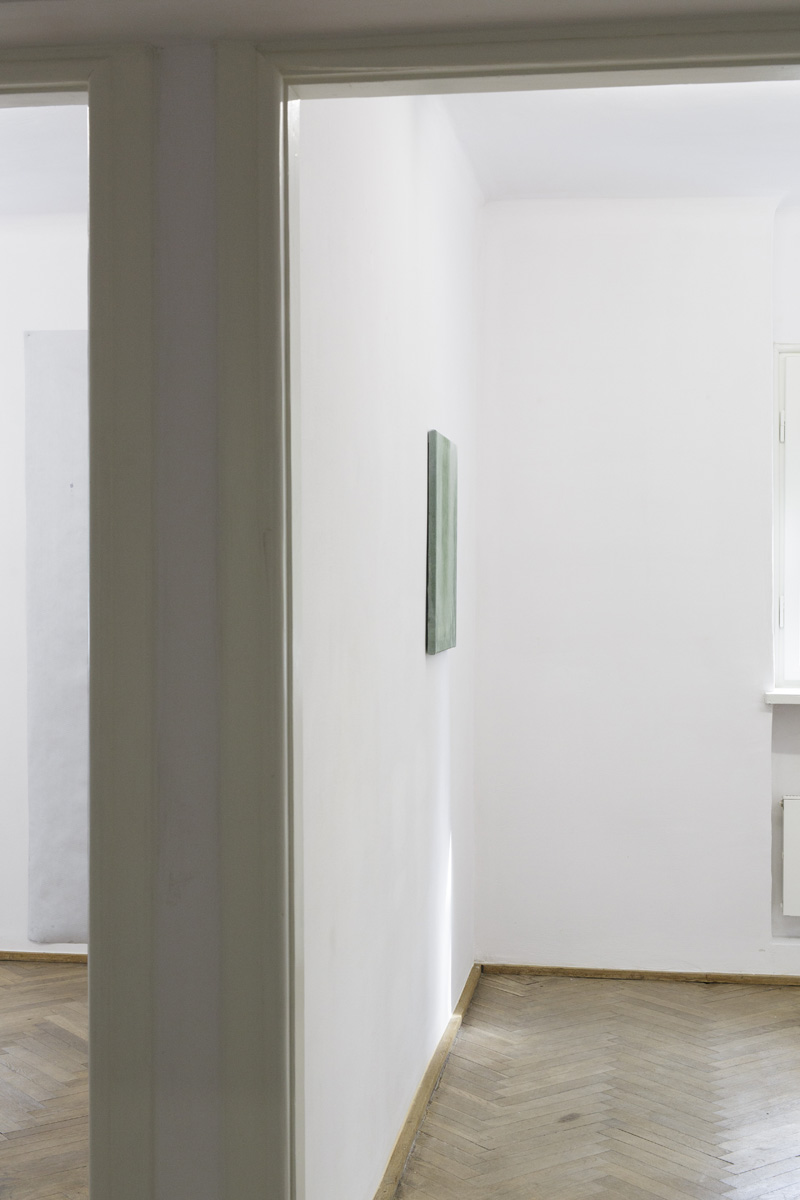
Gusts V
2017
Installation view Galeria Wschod, Warsaw

Gusts IV
2017Installation view Galeria Wschod, Warsaw
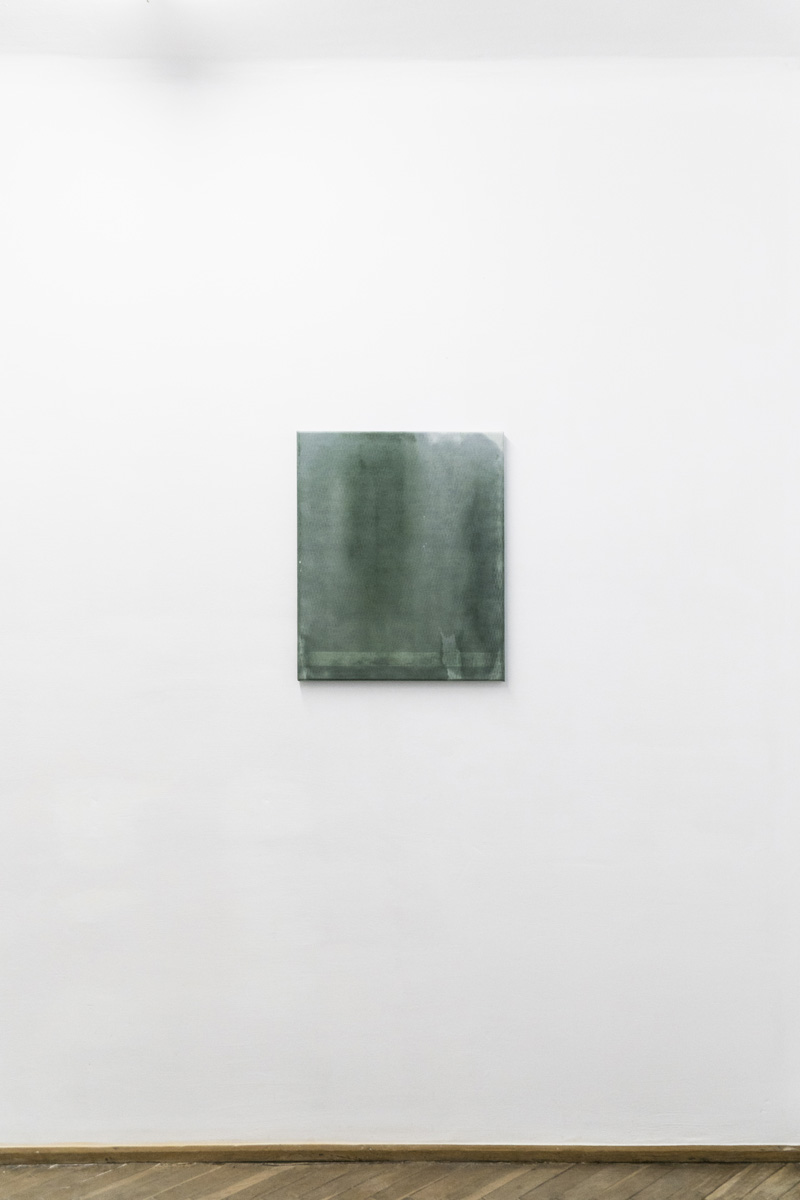
Gusts V
2017
60 x 50 cm
oil paint on wind barrier
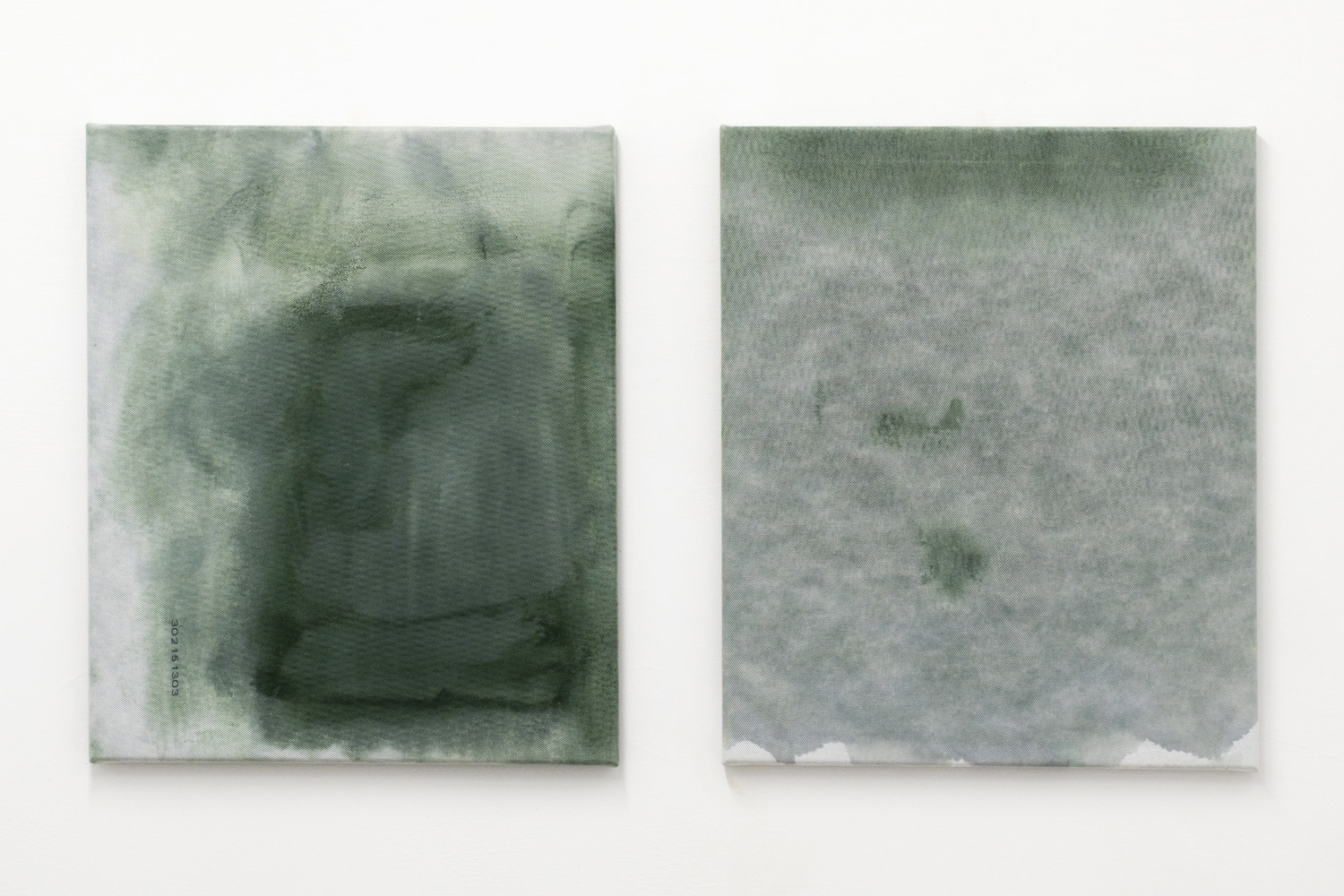
Gusts I & Gusts II
2017
60 x 50 cm
oil paint on wind barrier

Gusts V
2017
Installation view Galeria Wschod, Warsaw

Gusts IV
2017Installation view Galeria Wschod, Warsaw

Gusts V
2017
60 x 50 cm
oil paint on wind barrier

Gusts I & Gusts II
2017
60 x 50 cm
oil paint on wind barrier
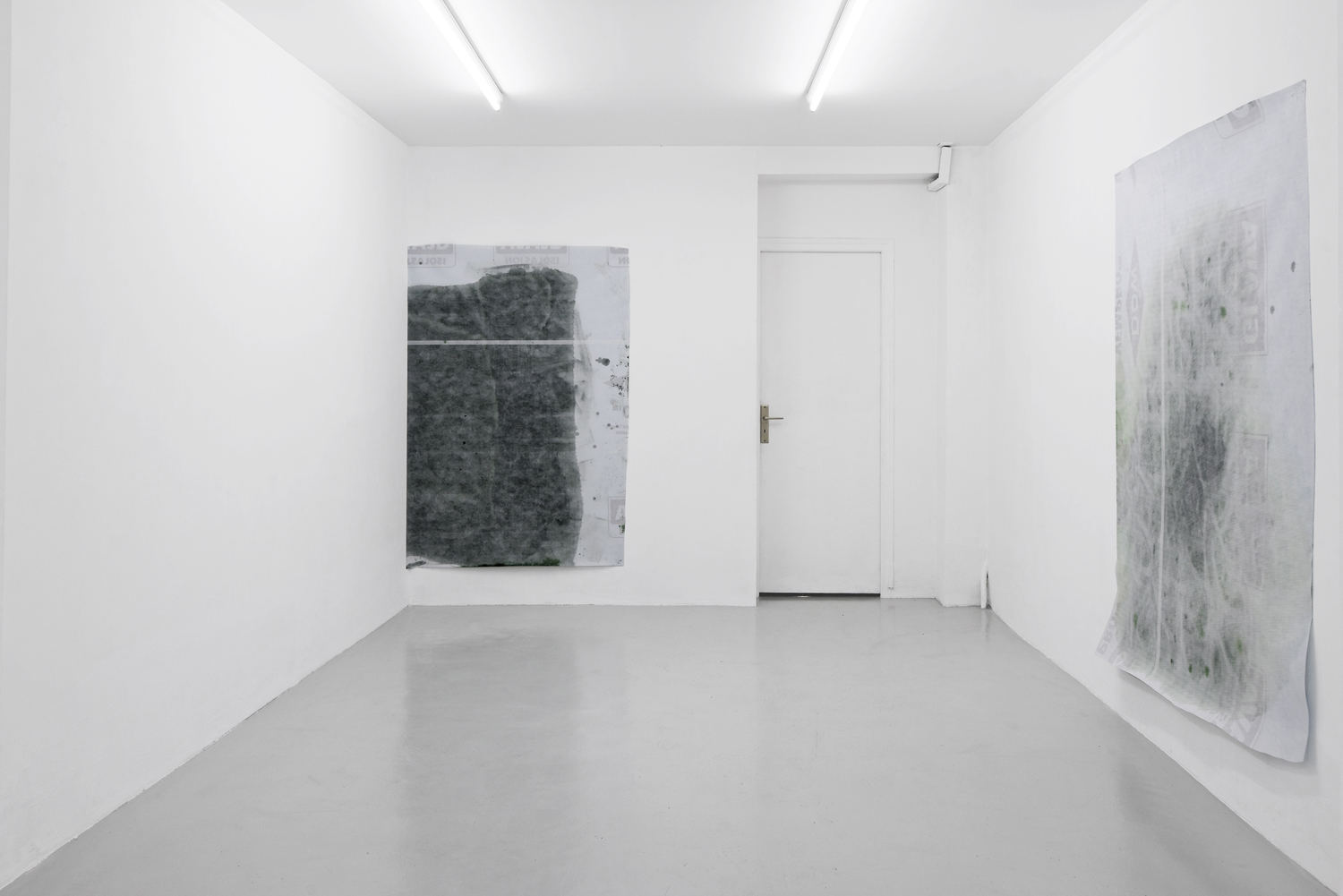
Installation view, Antoine Levi, Paris
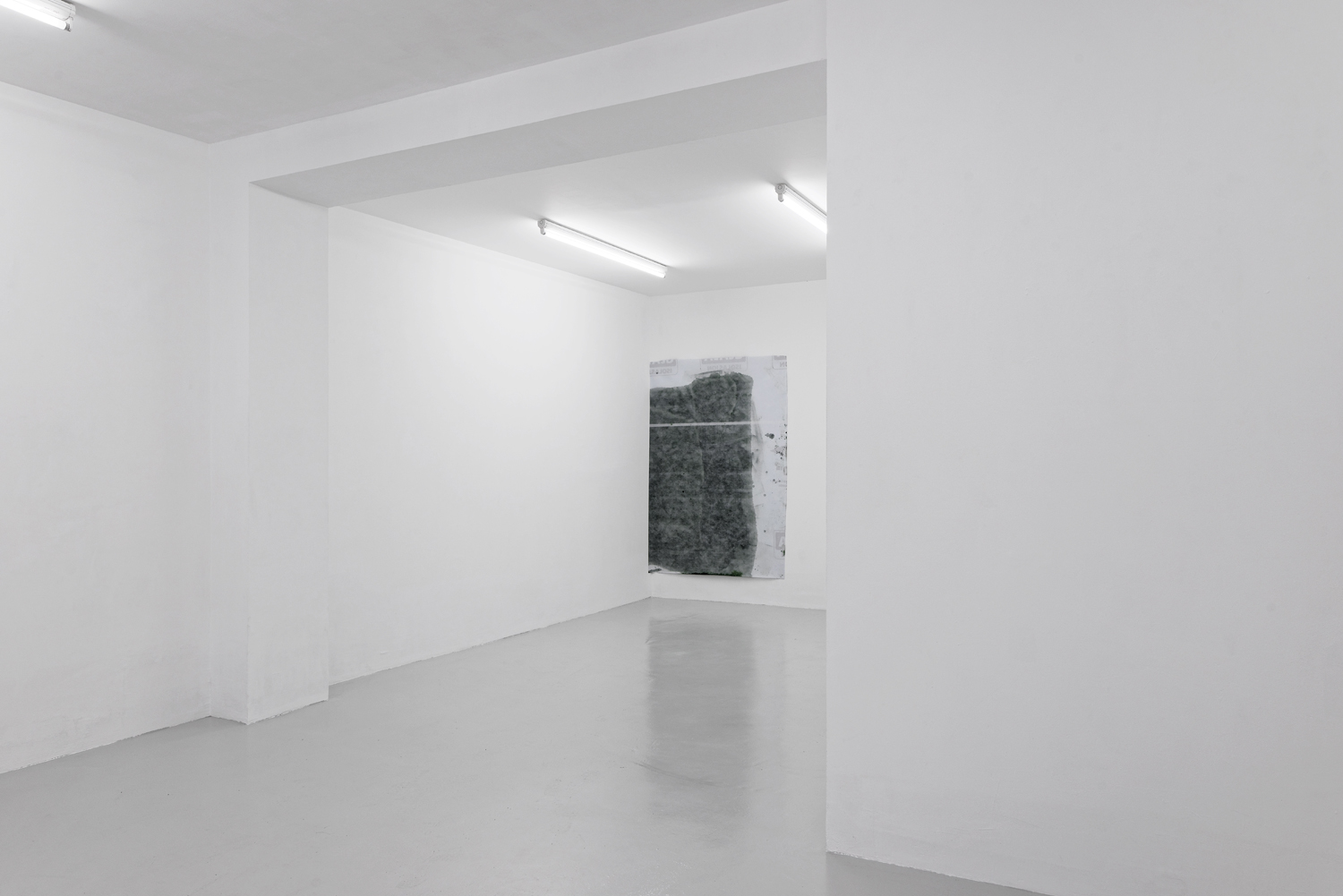
Installation view, Antoine Levi, Paris
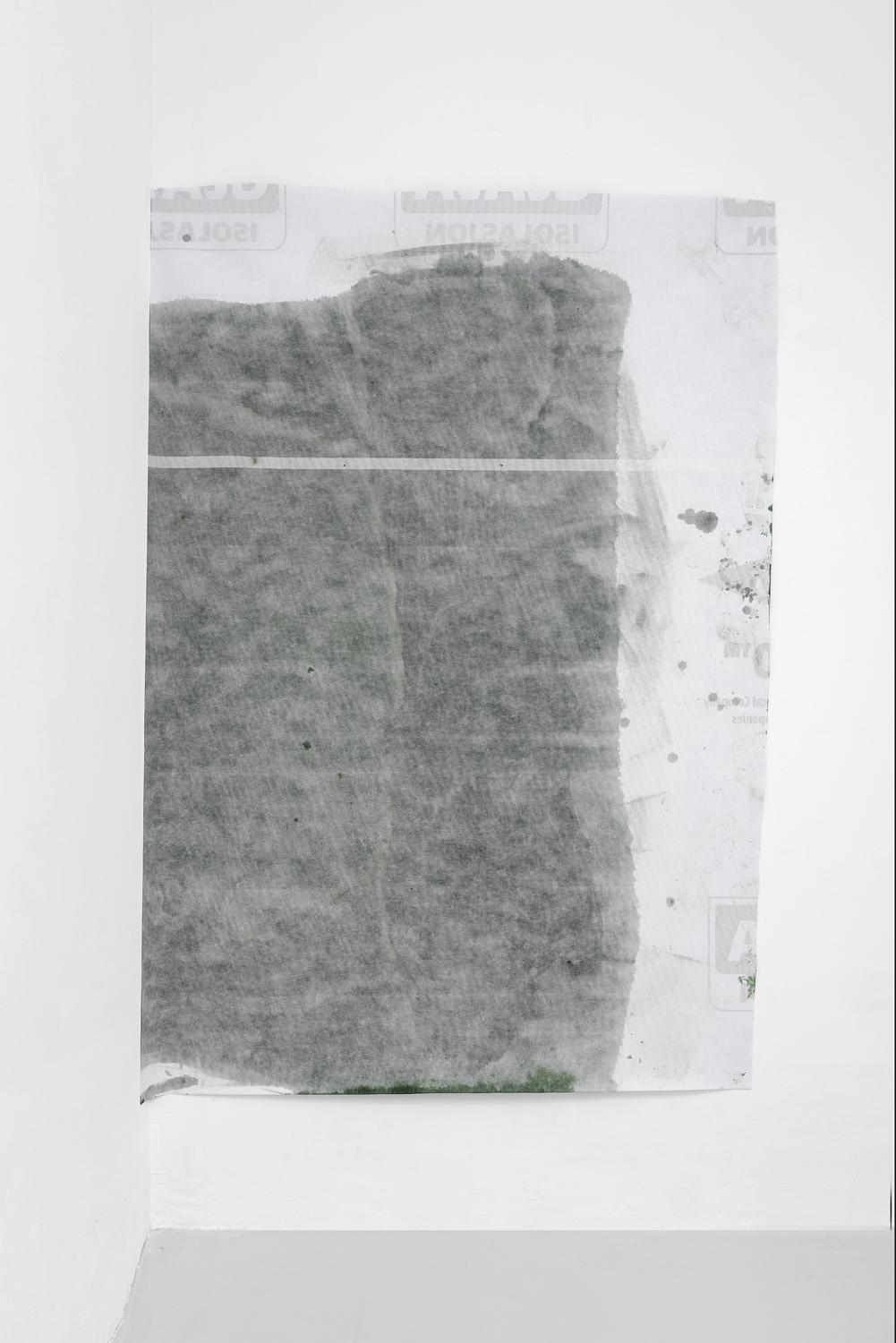
GUSTS, DRAUGHTS II
2016
178 x 124 cm
Oil paint on wind barrier

GUSTS, DRAUGHTS I
2016
223 x 163 cm
Oil paint on wind barrier
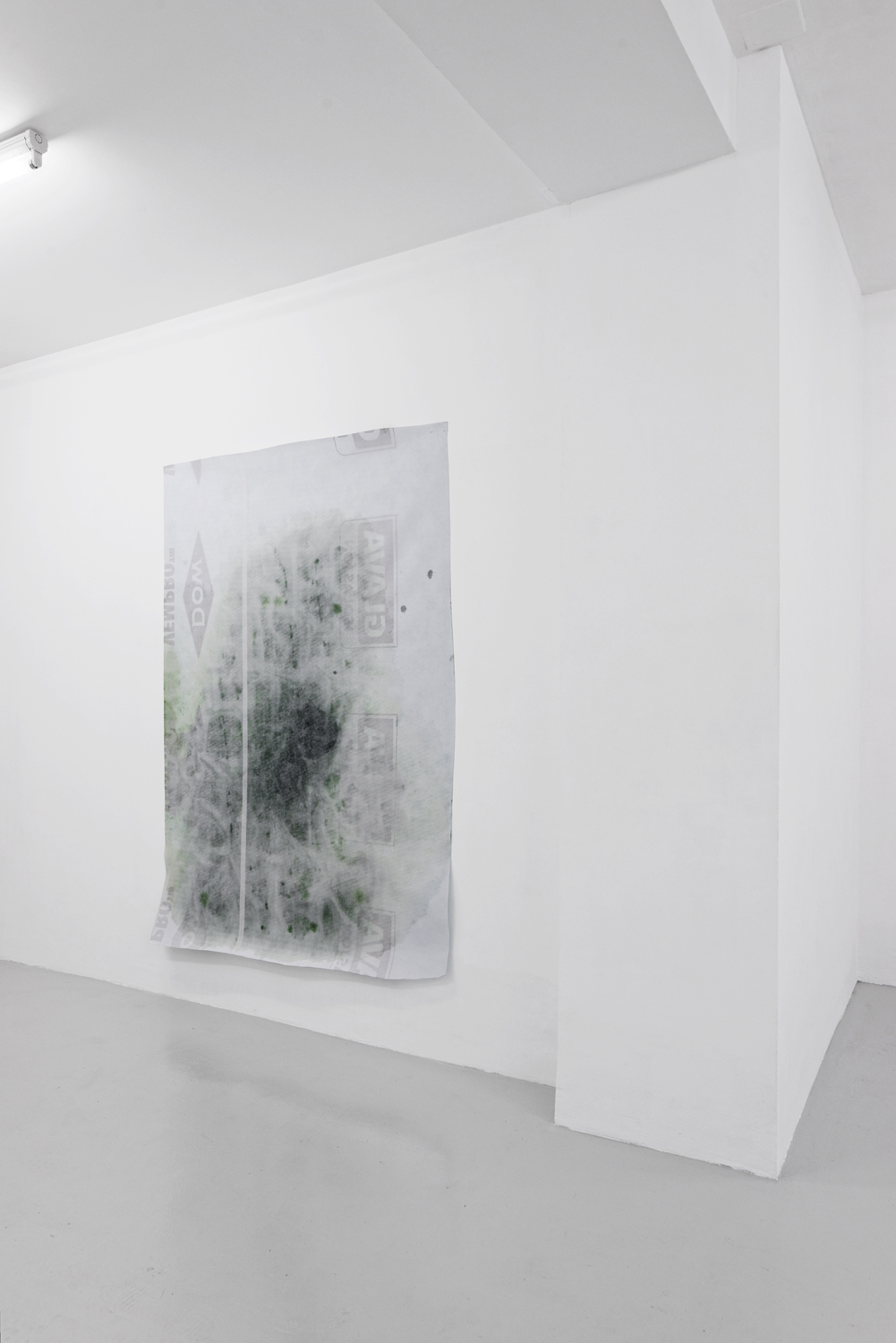
GUSTS, DRAUGHTS III
2016
180 x 128 cm
Oil paint on wind barrier
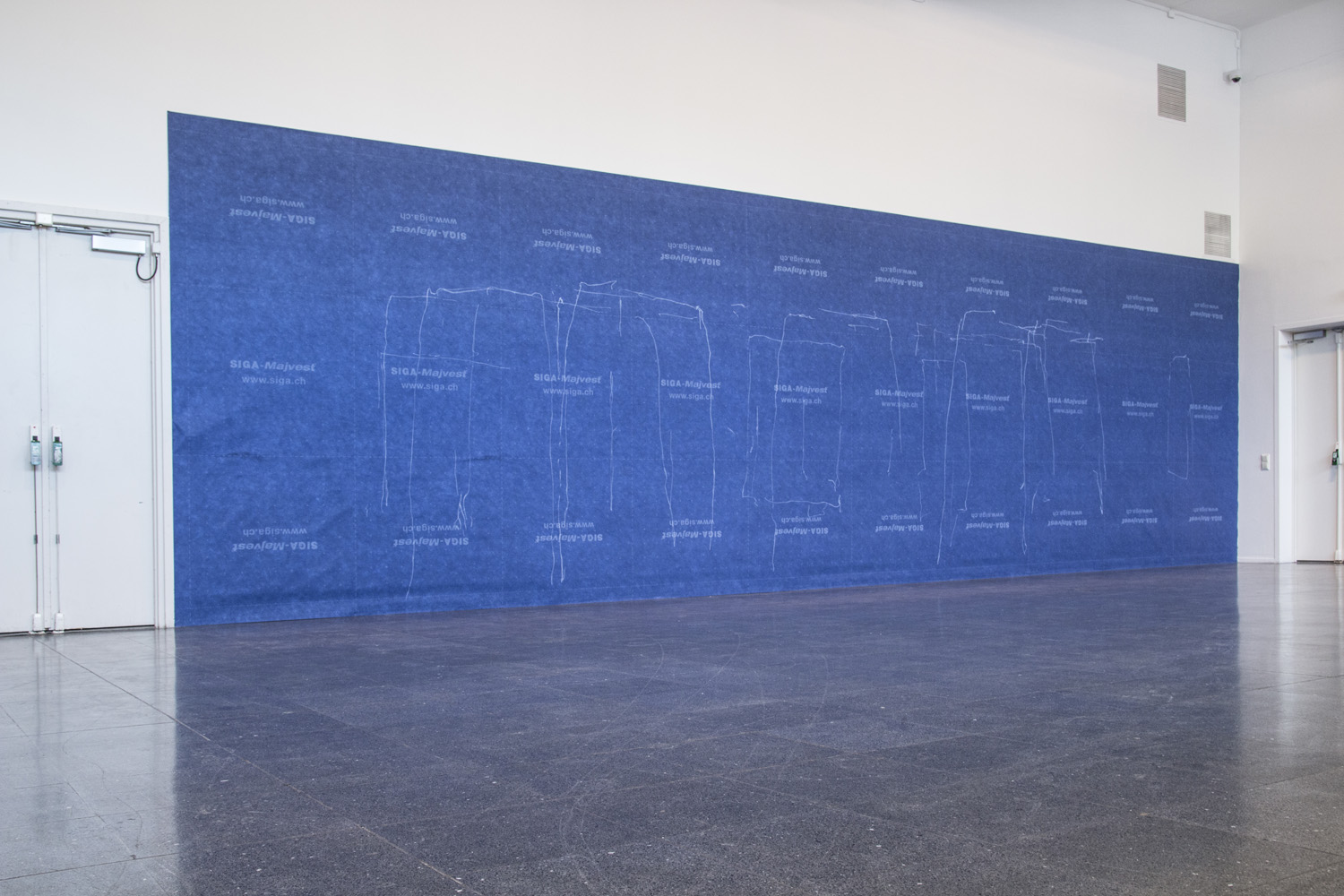
Installation View, The Drawing Biennal, Kunstnernes Hus, Oslo, NO
2016
3 x 10 m
marker on wind barrier

2015
7 panels, 250×90 cm each
Print on Fabric, Aluminum Stretchers
Installation View,
Astrup Fearnley Museum, Oslo, NO
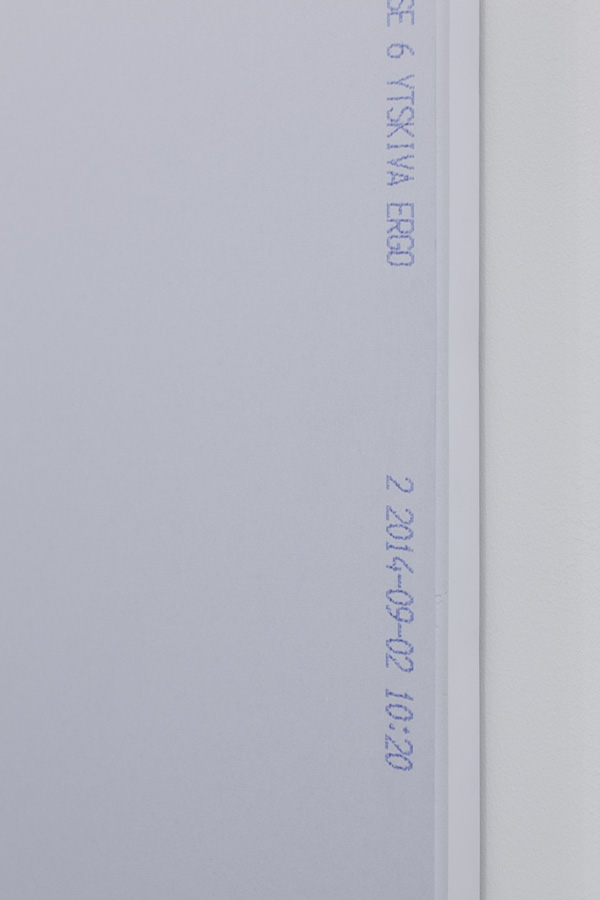
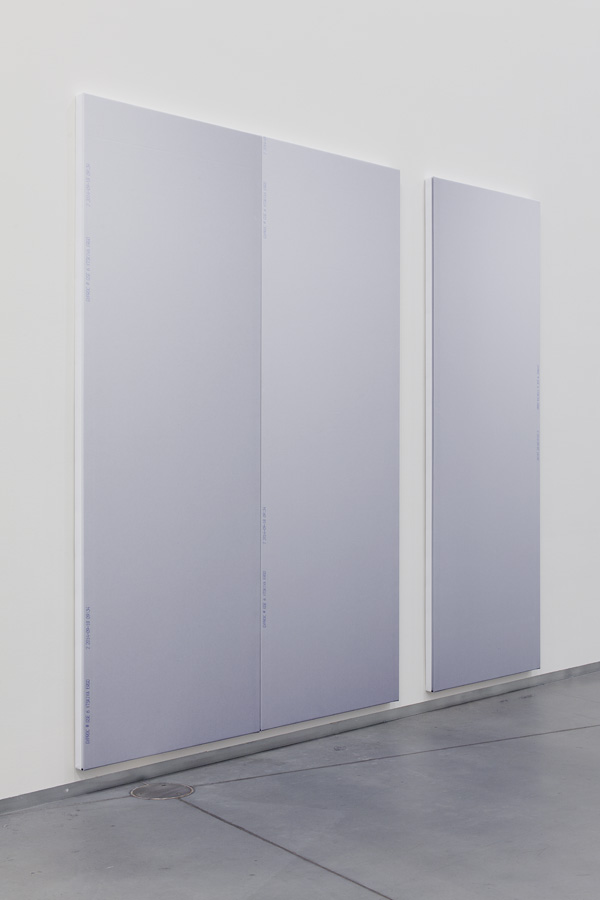
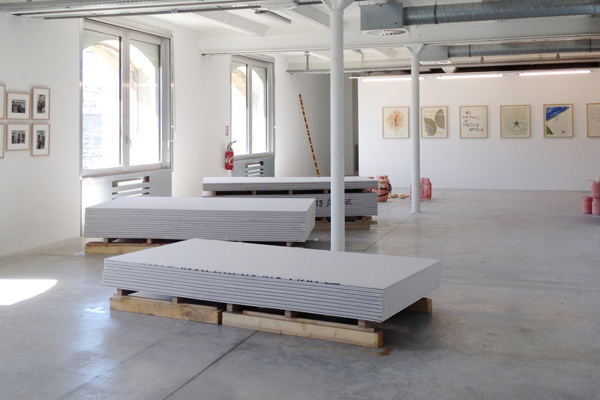
2014
Variable dimensions
Pallets, plasterboards
Installation view Friche la Belle de mai, Marseille
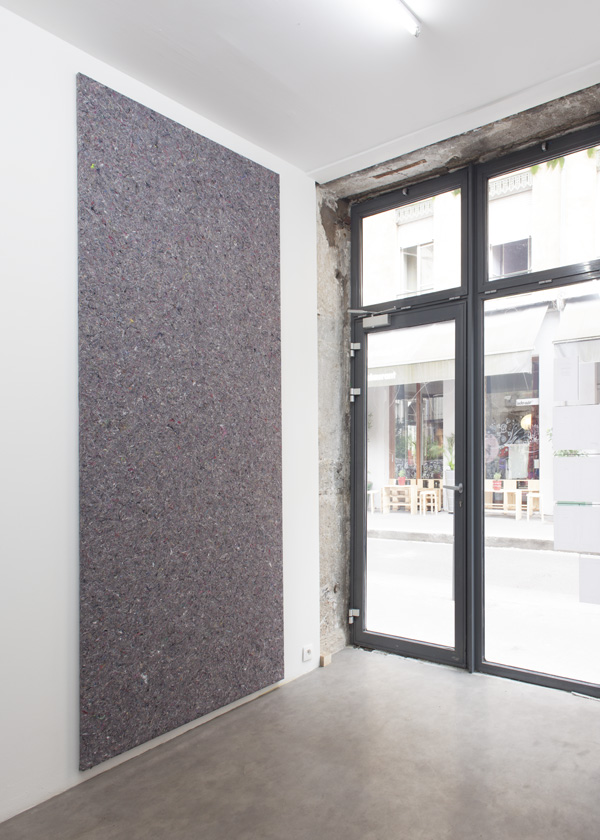
Installation view, Bikini, Lyon
2014
280 x 115 cm
Paint absorbent felt on stretcher
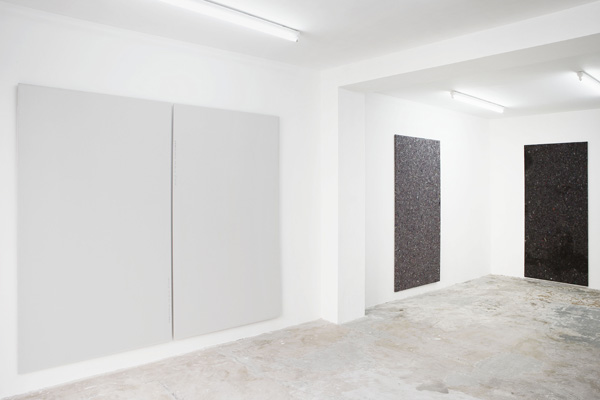
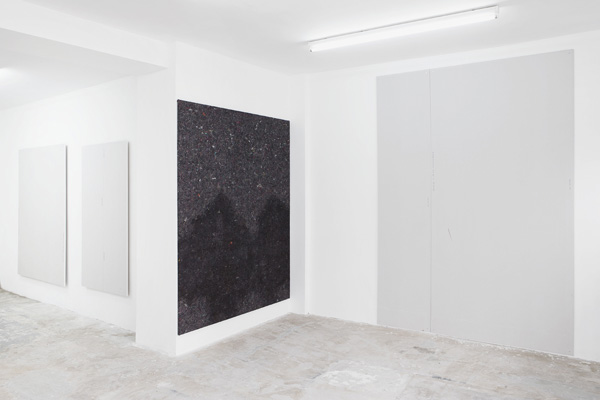
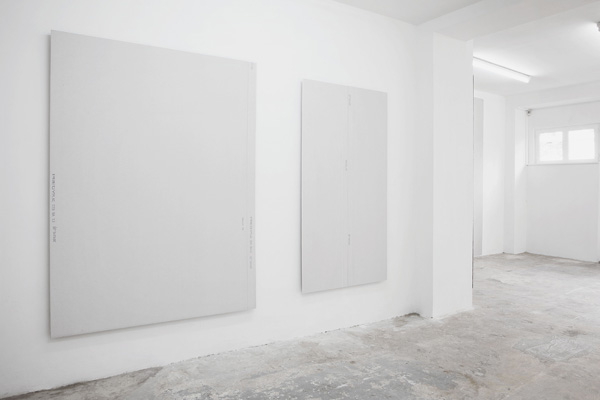

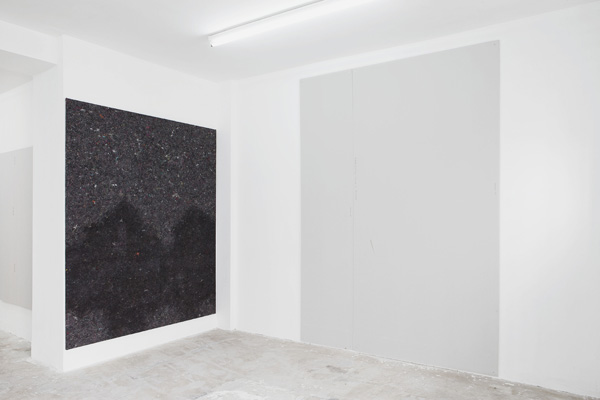
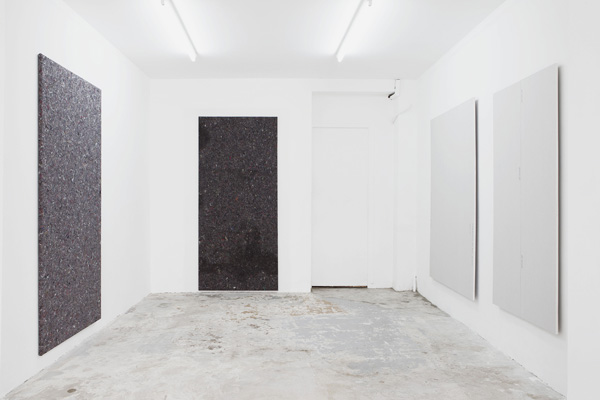
Installation views,
Galerie Antoine Levi
Photo: Claire Dorn
Suites, per definition, are to be considered as consequetive units or pieces following a specific order and harmony. Like multiple rooms opening up, following each other continuously, or windows allowing a view to emerge through a fixed space, suites both suggest and direct progression. Olve Sande’s works, then, follow this compositional logic, appearing as unified objects or extracts of a larger composition, which rather than functioning as fixed referents, invite the viewer to follow through. On a very practical basis, this manifests directly in the formatting of the works, as each piece is based on measurements from speci fic windows. The measurements were sourced from the architectural surroundings of Jørn Sværen, a Norwegian poet Sande has collaborated with for the exhibition. Through this, a bedroom, storefront, or café window may become displaced into the gallery and integrated into the sense of exchange and experience underlying the exhibition.
These standardised measurements function as a structural premise that contextualises the works in the exhibition and ties them to another. This is not only evident, however, in their formatting, but further in the materials employed by Sande for their realisation. The unpainted plasterboards are put into a direct relationship with paint-absorbent felt, entering the two into a mutual relationship characterised by the potential of spills. This becomes a clearly felt tension between the repellant and the absorbent; a tension that is highly emblematic of the spatial parameters Sande delineates in his practice. Each space becomes a space of dialogue between the materials and structures that form its existence, and by extension, inform our experiences within their con fines.
At that, there is an implicit poetry that lingers around the works, evoked in the elusive nature of the titles. As a viewer, one is made to wonder where the rigid measurements and architectural material vocabulary comes into relation with the sentimentality and enigmatical nature of the notes. They seem to hover on the sidelines, informing the work, almost distracting from its stark flatness. The titles and dimensions of the works, provided by Sværen through a series of exchanges with Sande, could be described as marginal notes; they become exposed as the internal commentary of the poet, responding in quiet, significant gestures to the experience of the Suites.